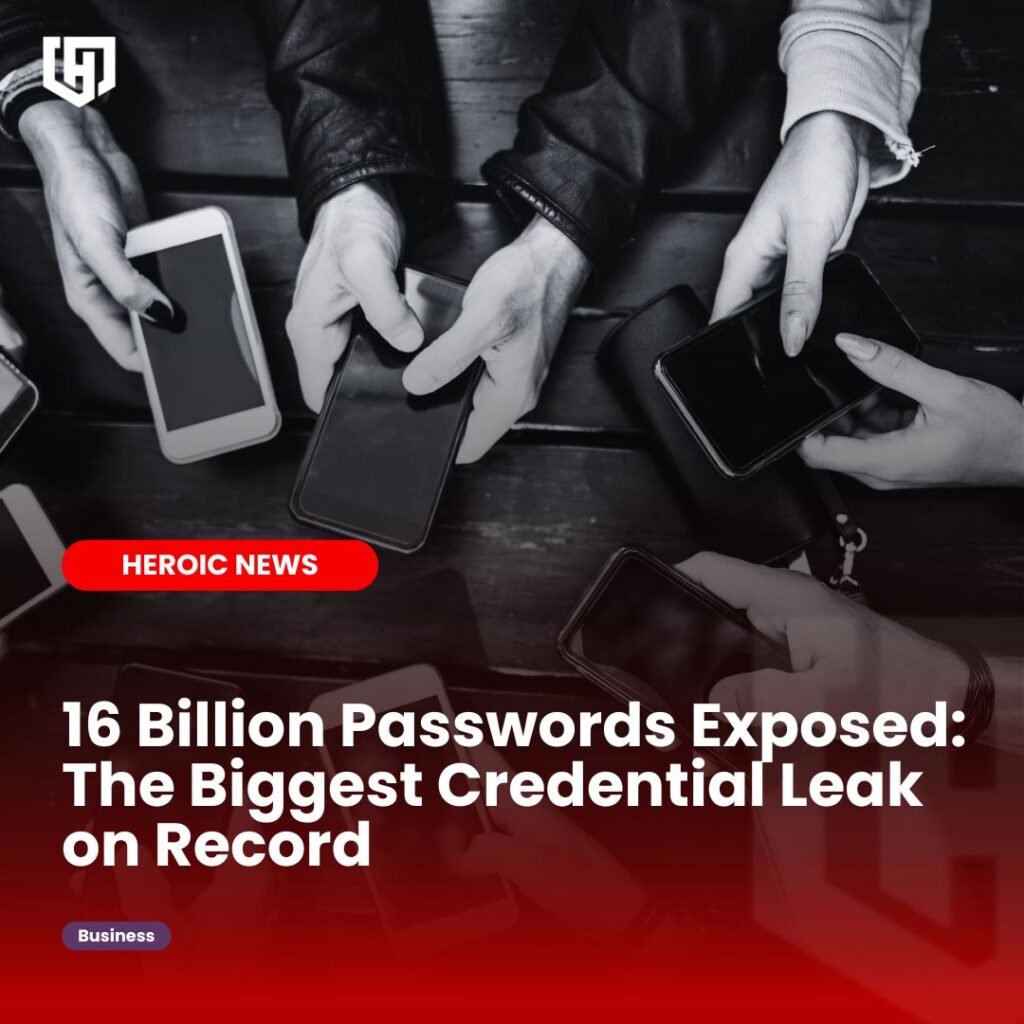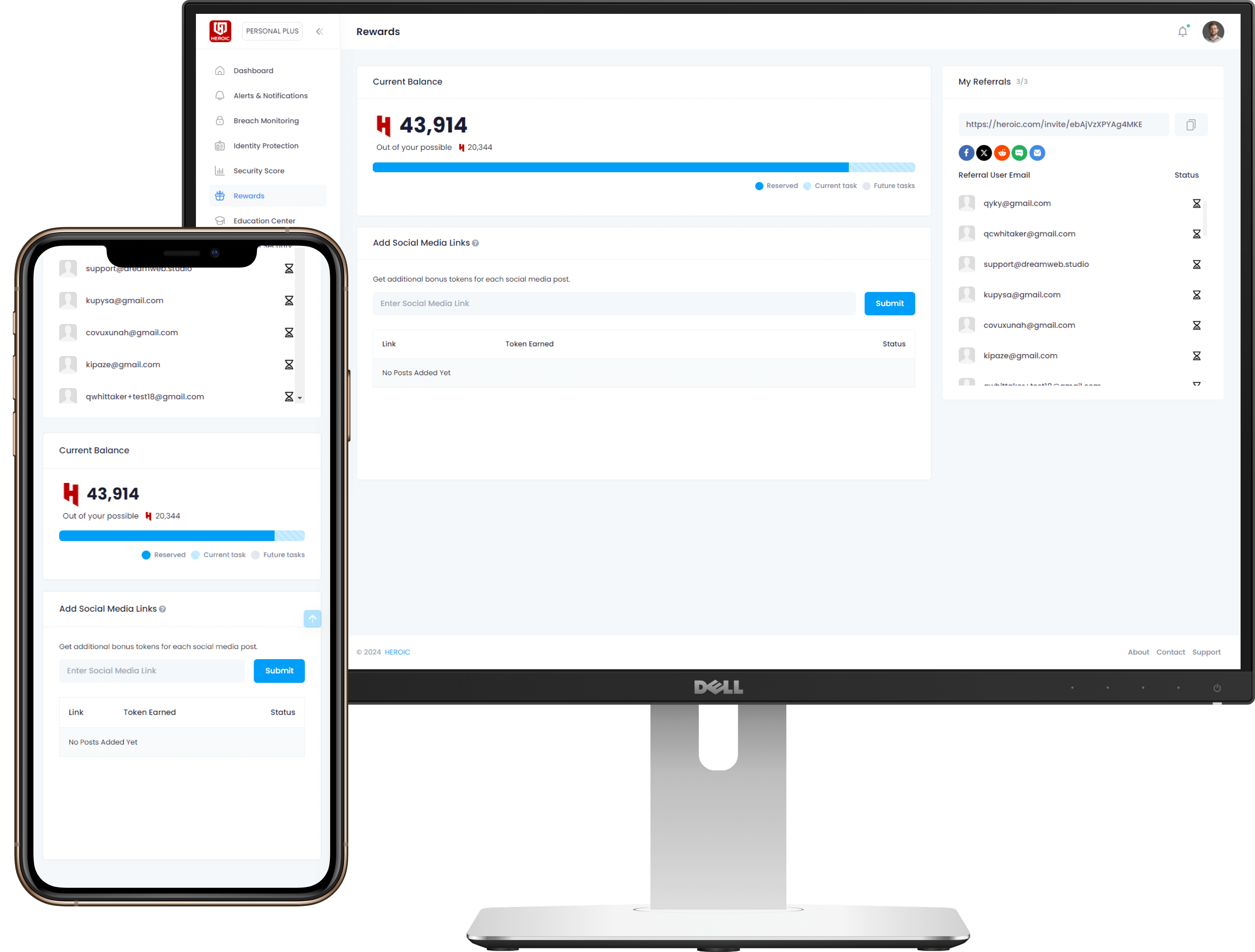Four Tips for Safe Online Shopping
The holidays are here and you’ll most likely be using your computer or other internet ready device to do a little present shopping. We all love saving money by price shopping online but are you aware of the cost of not doing it safely? There’s no better time than the present (see what I did there?) to start using safe online shopping methods.
We bring this up because it turns out that a large portion of Americans don’t feel that protecting themselves online is a priority. In fact, 46% of Americans believe they aren’t a potential cyber attack target and 23% don’t believe internet security is essential. Yet we know for a fact that 73% of Americans have been hacked and that 68% of their lost funds were unrecoverable. With how often we’re on the internet and how interconnected the world is through it, it’s indeed essential for internet users to protect themselves.
%
Percent of Americans that have been victims of cybercrime.
%
Percent of funds lost to cybercrime that were unrecoverable
Cyber criminals can reach you in numerous ways but the main ways you could be at risk this holiday season, and any season in the future could be through the following:
- A fake website or email message – It can take under an hour for a cyber criminal to create a really convincing yet fraudulent website or email message to convince you to provide them with your sensitive and personal information.
- Insecure online transactions – Most people don’t know how to spot a website that only transmits your payment information over a secure internet connection and cyber criminals take advantage of this by intercepting your transaction.
- A vulnerable computer or other device – If you don’t have antivirus AND cybersecurity features on your devices, it only takes moments for a hacker to get into them and have access to more information than you realize, including banking information, social security numbers and personal identification.
There are a number of things you can easily do in order to safeguard yourself against would-be cyber thieves. Here are four that will leave you in good shape:
Be careful with emails that request information – Some cyber criminals pretend to be legitimate companies or people you know and send fake emails that ask for personal information. Links or buttons in the email either install viruses or they lead to websites through which the criminal collects your banking and other personal information that they can then use to either hack into your accounts or use to steal your identity.
Make sure the website encrypts your transactions – Any information you send through a website, including payment card number, name and email address, should be encrypted using an “SSL certificate” which stands for “secure sockets layer.”
The easiest way to know if you’re on a page with an SSL is if it says, “https” rather than “http” before the website address in your browser’s address bar. A second way of knowing if the page is secure is if there ‘s a closed pad lock icon in the right side of the address bar after the address. If neither of these are present, find a different vendor to buy from.
Use a credit card rather than a debit card – Your credit card provides more ways to correct an illegitimate purchase than your debit card. If you review your credit card statement regularly, you can catch unrecognized charges and work through your credit card company to correct them, which will often result in the return of your money. Debit cards give direct access to your bank account and once the money is gone, it’s much harder to get it back.
Implement antivirus AND cybersecurity – Viruses and other malware infections are capable of stealing your sensitive information from your computer or other devices. Yet, because nearly 1 million viruses are released every day, antivirus software alone can’t keep up and maintain a 100% secure system. You’ll definitely need antivirus to protect you from all the virus like infections that have come out since yesterday, but antivirus alone isn’t good enough.
Using a combination of antivirus software and cybersecurity features can safeguard you from nearly all threats including not only viruses but also trojans, worms, botnets, adware, spyware, ransomware, scareware, email breaches and even hackers. HEROIC Cybersecurity provides an all-in-one security solution for the multi-device consumer.
We’re all at more risk online than we realize when it comes to our financial and personal information. By taking as many steps as you can to improve your online safely, you’ll be sure to have peace of mind this holiday season. Happy holidays everyone!
Has Your Email Account Been Hacked?
See if your email has been compromised with the most powerful scan engine.
 All information submitted is 100% Private and Secure.
All information submitted is 100% Private and Secure.








/qr-code.png)